Is. 66: 18-21; Ps. 117:1, 2; Heb. 12:5-7, 11-13; Lk 13: 22-30
In Quincianeras (15th year Celebrations) I enjoy playing the “Knock-knock” game with the quincianera. The game starts like this:
“Knock-knock” (Q: “Who’s there?) “God is” (Q: “God is who?”) “God is your Father who is in heaven calling you to be the best he created you to be”
“Knock-knock” (Q: “Who’s there?”) “The big O” (Q: “The big O who?”) “The big O of Obedience who is your BFF, best friend forever”. Called to obedience in God’s greatest commandment is in our DNA search for happiness. We come to know who God is in obedience as he reveals who we are in his image. Not who we are in general as a people of God but who we are individually as a unique being with a given purpose and meaning in this life and time. Obedience to the natural law as God created it is for the greater good even science cannot deny it. Obedience to God’s command is the “narrow gate” many will “attempt to enter but will not be strong enough”. All are invited to enter the “narrow gate” but are we strong enough to resist the sin in our lives that draws us away?
“Knock-knock” (Q: “Who’s there?”) “The big D” (Q: “The big D who?”) “The big D of Discipline to “endure your trials as ‘discipline’…For what ‘son’ is there whom his father does not discipline?” With discipline we stand for our faith or we may fall for the sin that is pleasing at the moment. Discipline is the workforce that makes obedience come easy. Parents love is based on discipline to mature in truth for learning freedom is not free it is a sacrifice out of discipline. Discipline “later brings the peaceful fruit of righteousness to those who are trained by it”. Discipline begins by doing the next right thing in obedience to the law already in our hearts from our baptism. Parents teach and reinforce this law by their testimony of love through discipline. “Endure your trials as discipline”, is it not as punishment. When we suffer we have an opportunity to purify our souls, wash clean our baptismal robes, unite ourselves to Christ in his passion for our sins and make an offering of ourselves.
“Knock-knock” (Q: “Who’s there?”) “The big W” (Q: “The big W who?”) “The big W is the work plan that comes through Jesus. Scripture says, “I am the way, the truth and the life, says the Lord; no one comes to the Father, except through me”, through his love embodied in discipline. The work plan is to spread the Good News we have been given. The plan of salvation is an invitation to all the people of all the nations and “they shall come and see my glory” says the Lord. Salvation is not an accident waiting to happen, it is a calling and we are free to respond yet not all have. That is why we are reminded in the gospel there will be those outside the “door…(with) wailing and grinding of teeth”. Lesson learned is we take so much in life for granted until it is gone.
There was a program on EWTN with Father Mitch Pacwa interviewing a doctor of philosophy named Dr. Frey (first name not captured). She was invited to Yale University to debate with a doctor of psychology on the topic of happiness. She proposed the question that if there was a box in which the person was guaranteed to always be stimulated to feel happiness would they enter and be left there. The psychology doctor said yes. Others however saw the logic of being trapped in a box with reservation. The “box” represents a place of isolation and happiness comes from being outside yourself in relation to God and others. She stated 25% of college students suffer from anxiety, depression, and isolation. This is the lie of Satan mentioned last week to live each day thinking only of yourself a little more until you find yourself in this box of artificial stimulation and emptiness. One of the main tools becoming an addiction is social media. The box is the phone to create an altered reality filled with artificial and narcissistic grandiosity of happiness because the world that is waiting outside the phone is too intimidating.
The Good News is happiness comes from the unconditional love offering of giving of ourselves to God and others. Follow the way of Jesus giving of himself out of love in the freedom of a world created for us to give good fruit. “So strengthen your drooping hands and your weak knees. Make straight your paths for your feet, that what is lame may not be disjointed but healed”. Let us live outside the box of sin. There will be trials through the “narrow gate” but also great consolation as we enter into his presence, healed by his love and at peace. The discipline is a life of virtues all serving the greater good for ourselves and others.
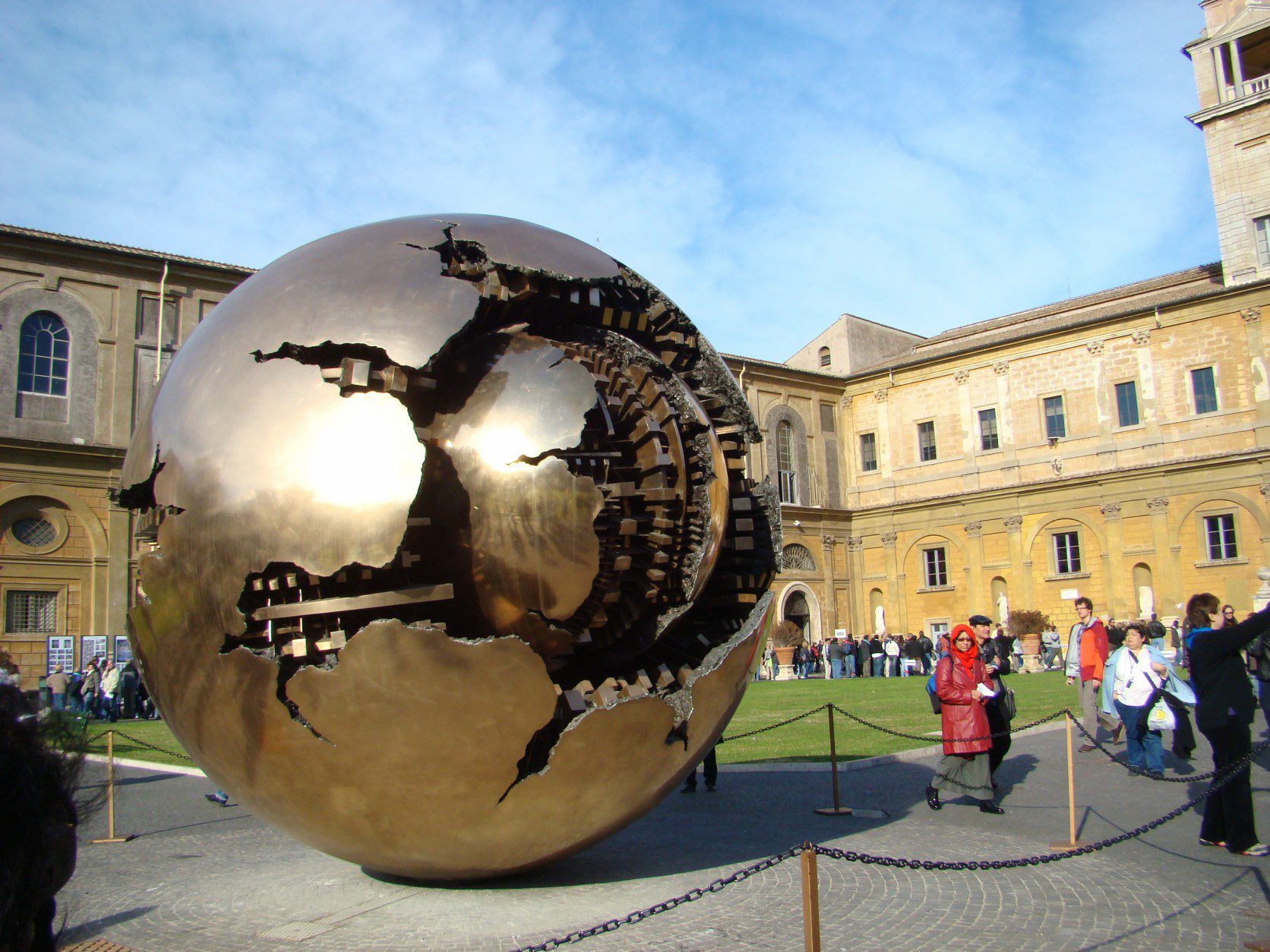


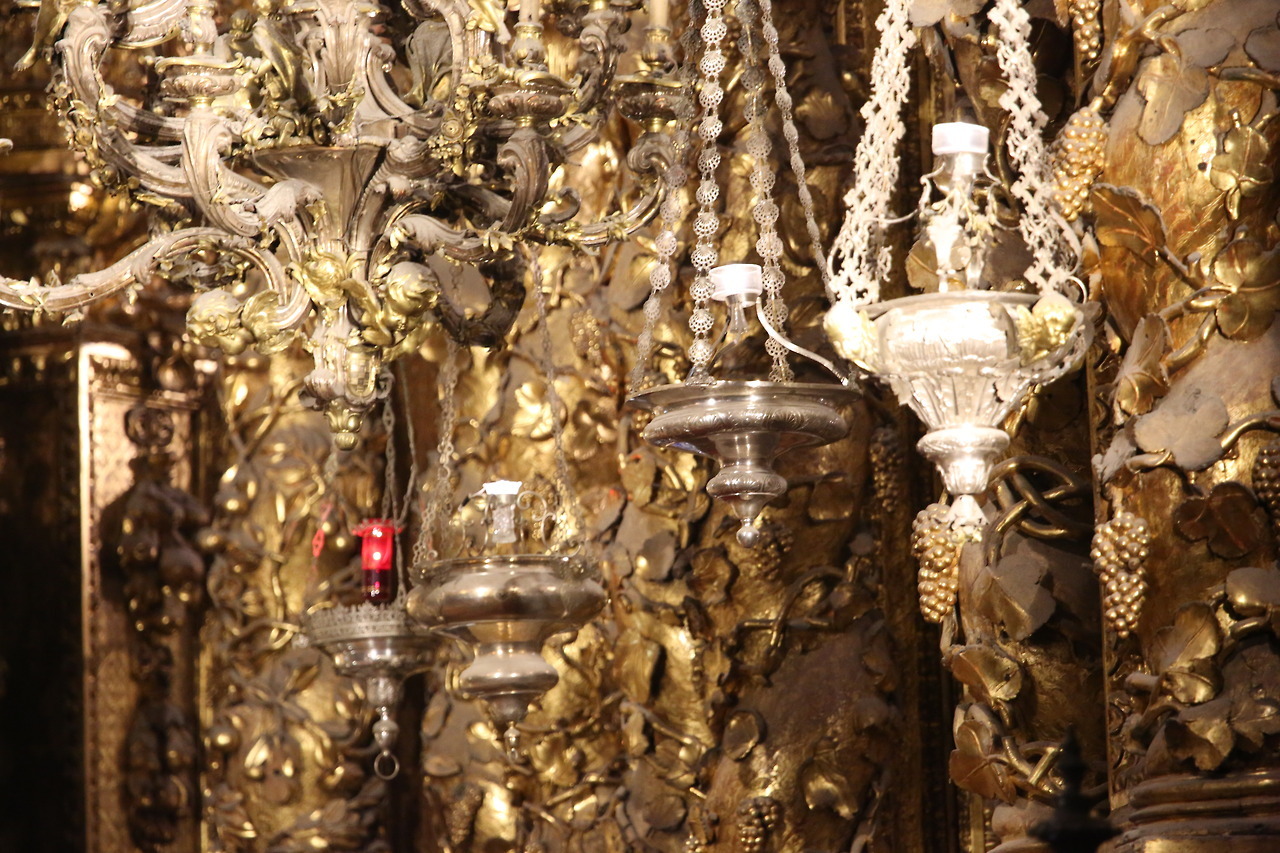



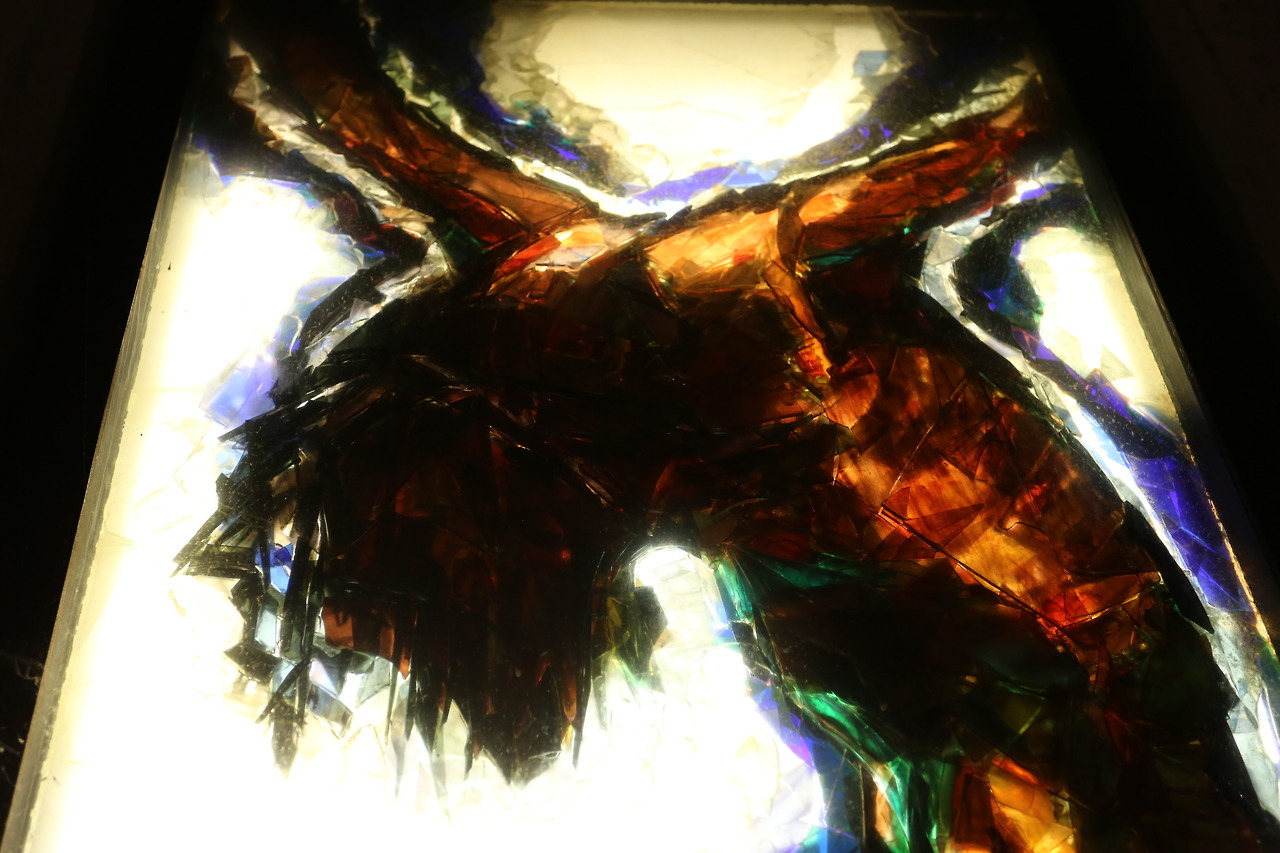

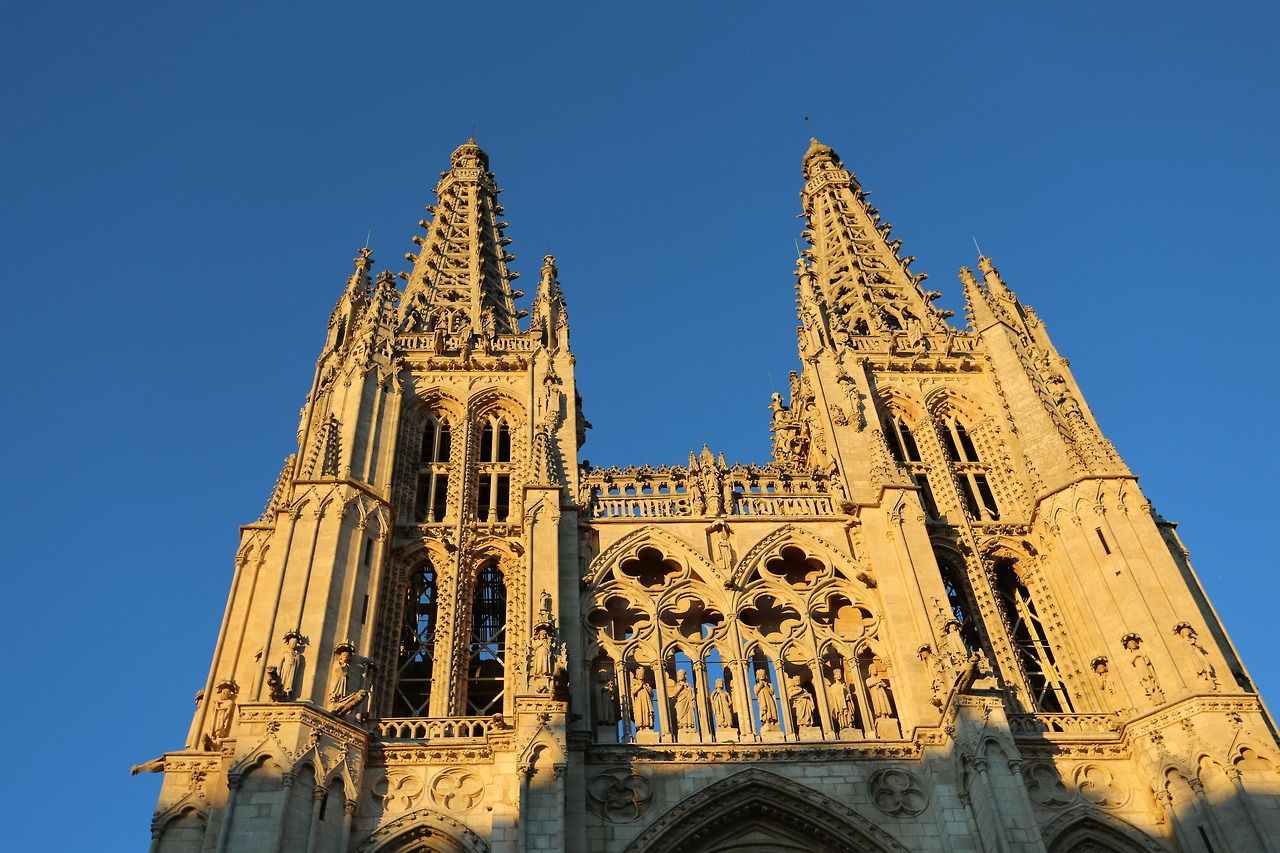

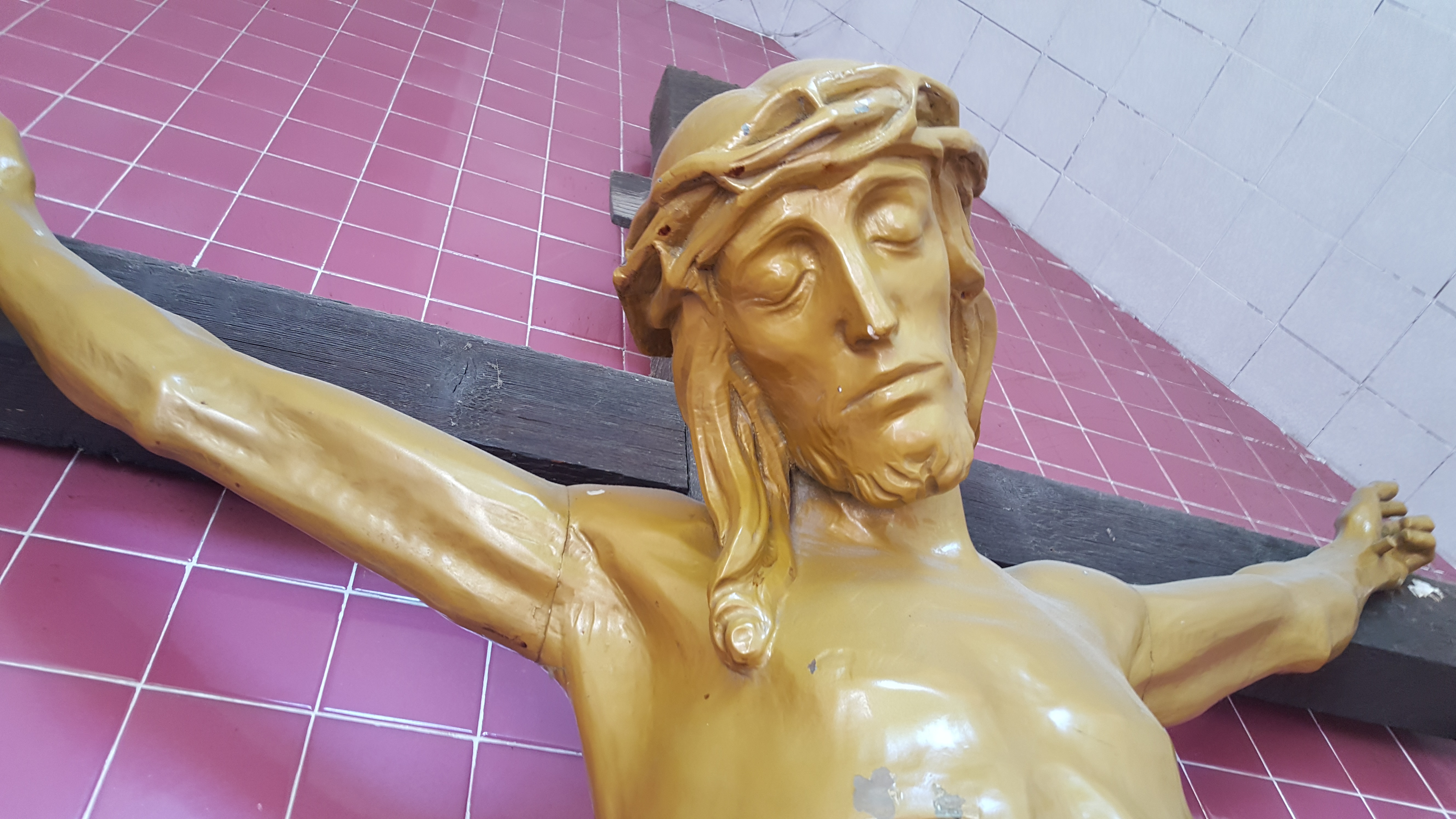



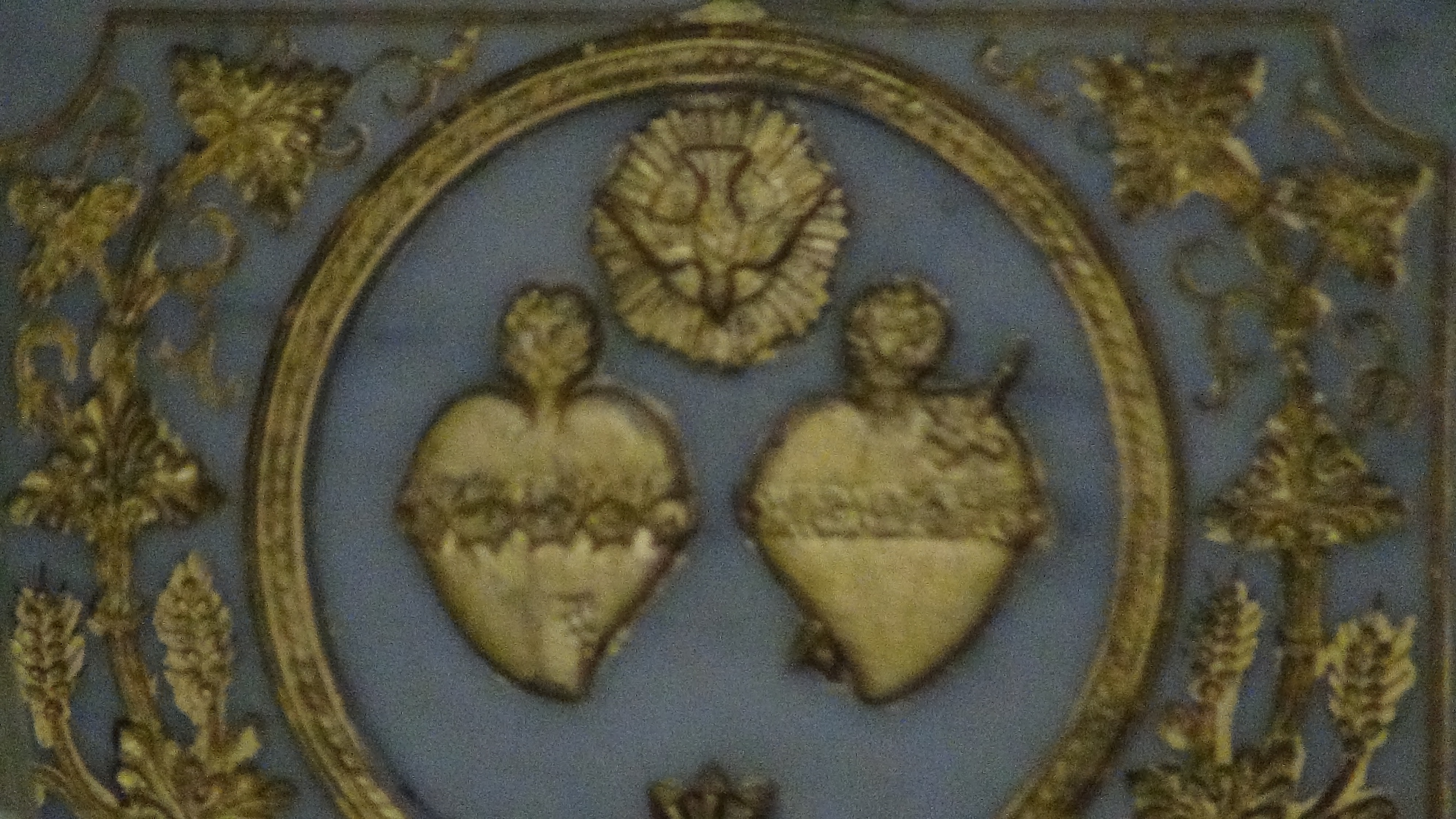

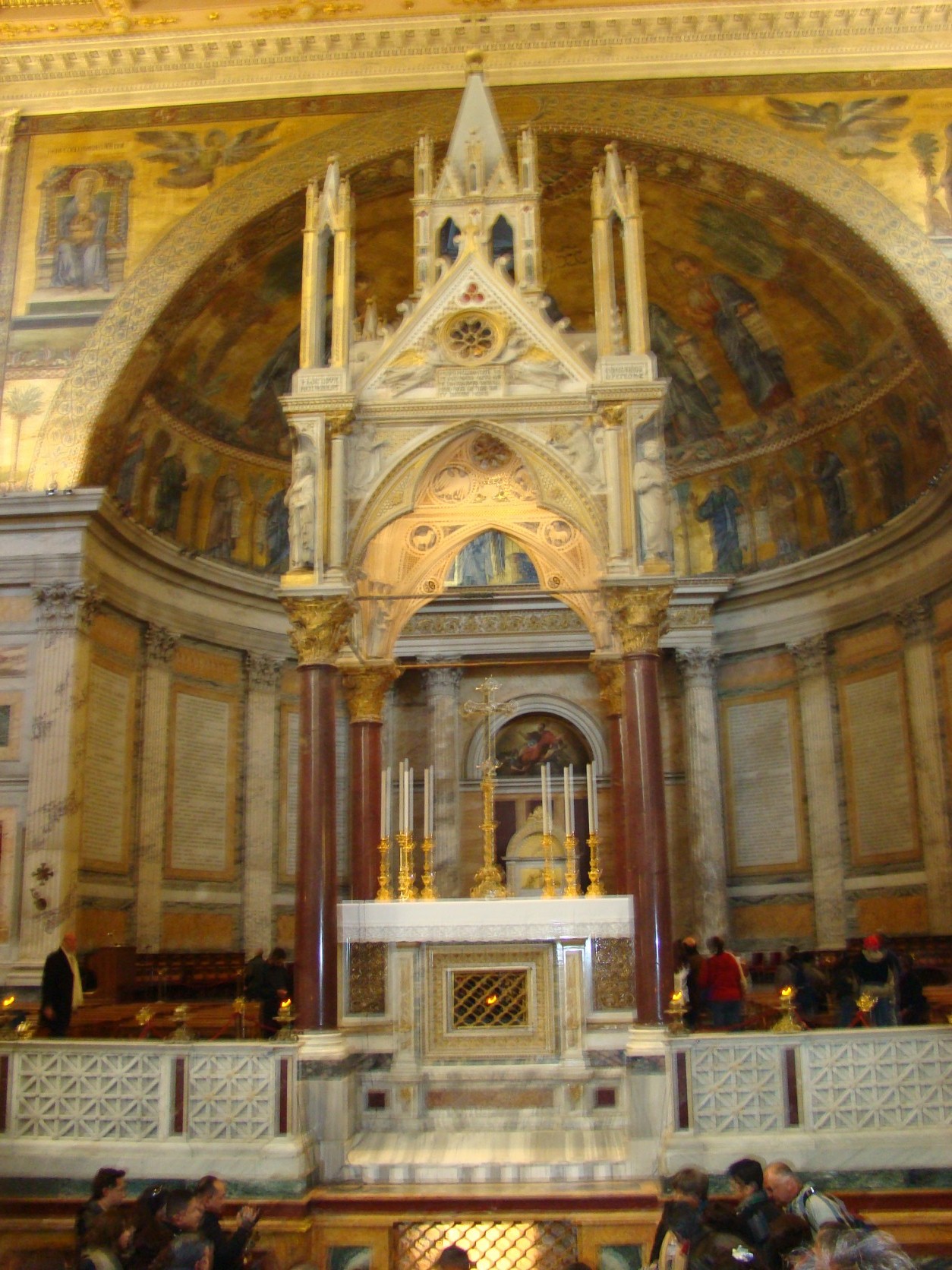

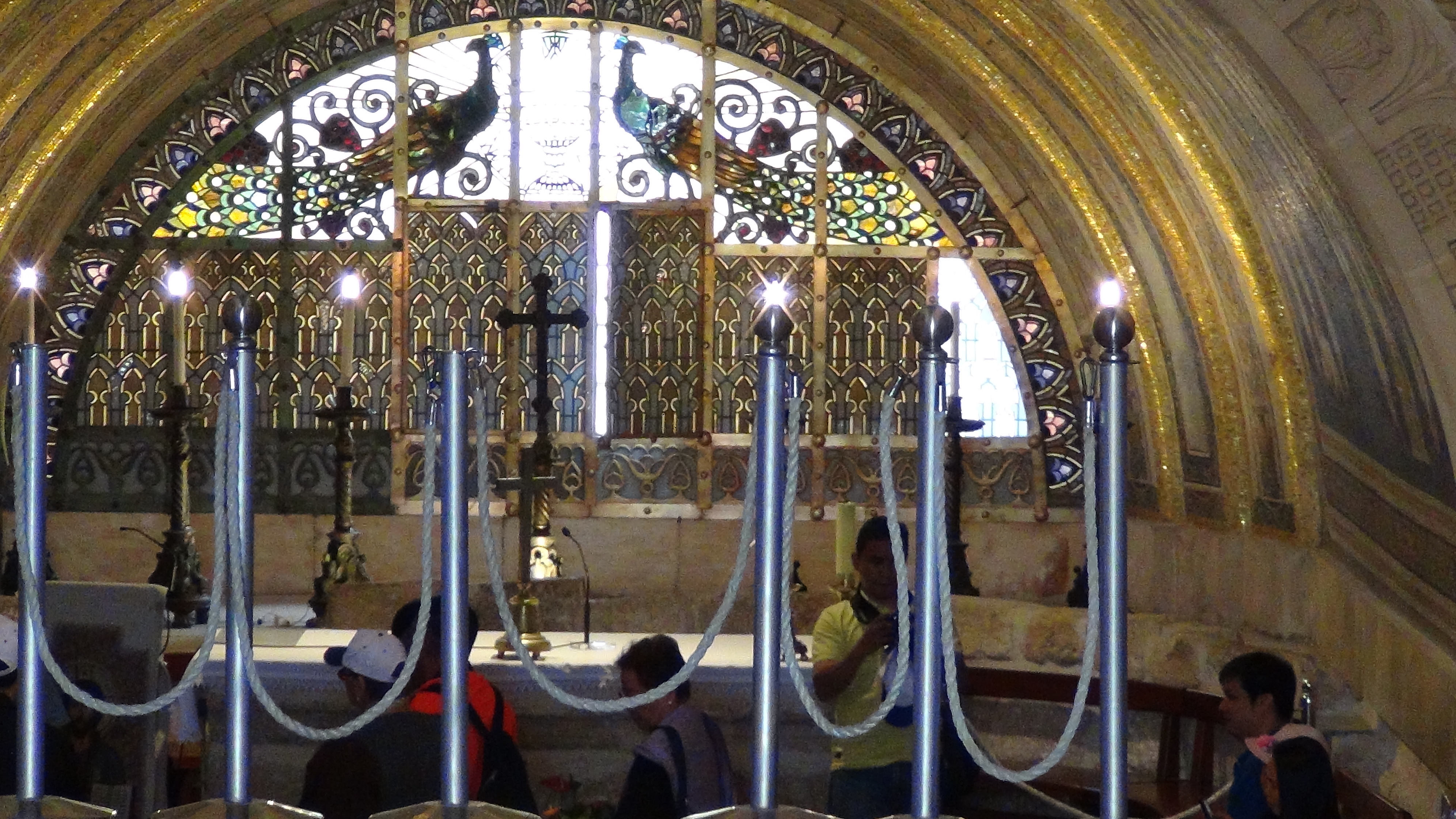

Recent Comments